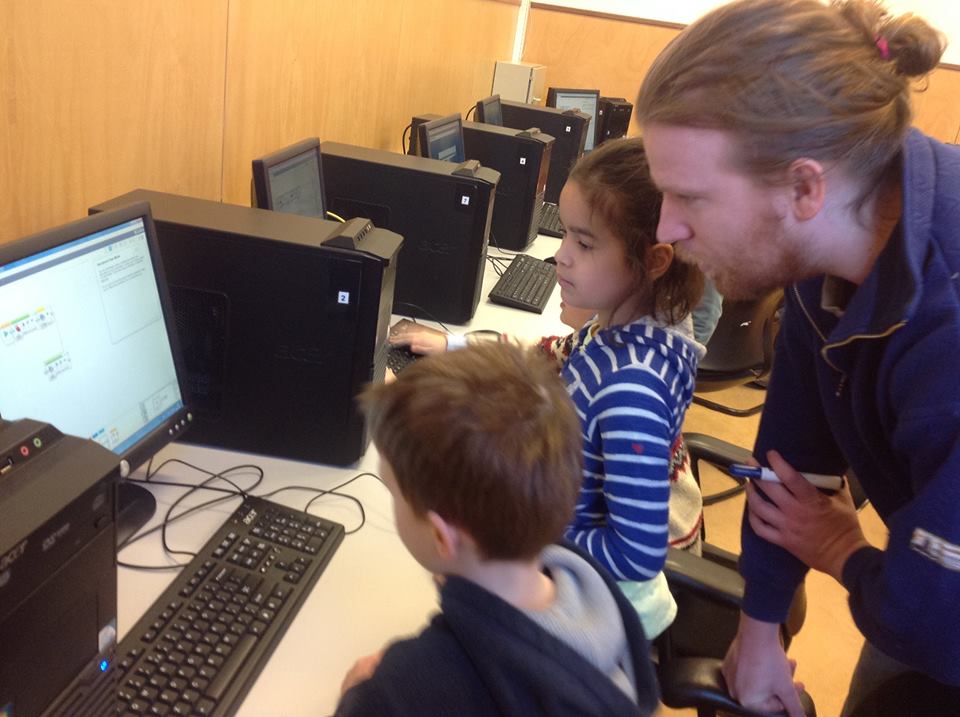In our quest to introduce computer science and technological literacy education in primary school, we often hear the same excuse as to why this is difficult to impossible: teachers already have enough on their plate. Introducing a new subject will overwhelm them, causing their overall teaching to decline in quality. So many countries find themselves in the same position: we know that we need to prepare children to function in a world filled with technology
Read moreFinland
In December 2016, the European Union published the report “Developing Computational Thinking in Compulsory Education: Implications for policy and practice”. Click here for a definition of computational thinking and how it helps students solve problems, understand the world around them and become inventors. The report is useful to compare the EU's action to other places such as the United States which launched the 'Computer Science for All' initiative which will bring computer science education to all students in America, beginning in primary school.
Read moreOn January 7, 2016, a major announcement was made in the U.S. Leading computer science experts and organisations are co-developing a framework to identify key computer science concepts and practices that all primary and secondary school students should learn. This comes after President Obama signed "Every Student Succeeds", a new U.S. education law, in early December 2015 which recognizes computer science as a ‘critical academic field’. Combined with the STEM Act of 2015, this new law will make federal funding
Read more

